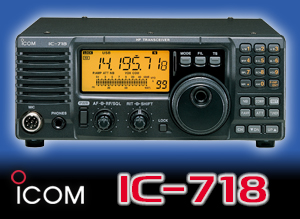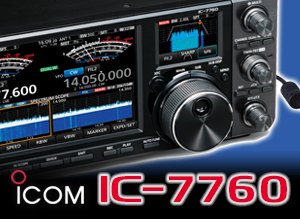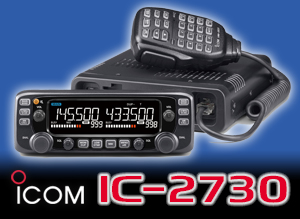A Beginner’s Guide to HF Contesting
• HF contesting is a growing aspect of amateur radio which can be enjoyed (at any level) throughout the year. There are HF (or LF) contests almost every weekend and on some weekday evenings.
• All contests have different sections, allowing you to choose which one suits your mode preferences, skill level, station capabilities and available time.
• You don’t need a ‘super-station’ to take part from home (although you could ask a friend to use their station!)
• If you have limited time available for our hobby, HF contesting allows you to make a lot of QSOs (possibly including new DXCC entities) in a relatively short time.
• You can be as competitive or otherwise as you like, from competing against yourself (equalling or bettering your own score in the same contest as last year), to representing the UK in international contests as part of an RSGB team.
________________________________________________________________________
What is the background to HF contesting?
RSGB and worldwide HF contests have been established since the 1930s and remain very popular in the 21st century. They give an unparalleled opportunity to improve operating skills and have been the driving force behind many technological developments – transceiver and antenna performance, etc. They also allow you to satisfy your competitive spirit!
________________________________________________________________________
What resources will I need when starting off?
You will need a radio, an antenna and, ideally, a shack computer. All logging of QSOs is done using contest logging software. These electronic logfiles can then be easily added to your main station logfile and/or uploaded to the contest organiser’s website as your entry for that contest. (Ideally your radio and laptop will be linked by CAT control, which helps avoid frequency or mode logging errors)
_________________________________________________________________________
Which HF contests are the most suitable for a beginner?
UK-based 80m SSB contests are the most straightforward to enter. Even if you don’t have a resonant 80m antenna, you will still be able to work a good number of stations with e.g. a long-wire or half-sized G5RV fed via an ATU. Although many stations are competitive in these events, newcomers are always welcome – just don’t expect a chat!
The easiest path is
- Choose a contest on a date and at a time to suit you. The RSGB 80m contests are 1.5 hours long and the UKEICC 80m contests are 1 hour long – both on (different) weekday evenings.
- Download and install contest logging software. The most popular, which is free, is called N1MM+. Spend some time before the contest configuring this software and learning the basic commands e.g. how to correct a wrongly-logged callsign.
- Take part in your chosen contest – initially you might just want to listen and/or call a few stations. Listening to what others do is one of the best ways to learn. Operating procedures in HF contests differ from VHF contests.
_________________________________________________________________________
I’ve competed in my first 80m contest – what do I do now?
After the contest, the contest logging software will do the work for you – just press a button to prepare a text file in Cabrillo format. (This Cabrillo format is the format requested by all HF contest organisers). You then upload this Cabrillo logfile (your contest entry) via an online log submission robot. The robot sends you an acknowledgement e-mail (or asks you to correct any information that is incorrect or missing). You then wait patiently for the results of that event to be published – again usually online.
_________________________________________________________________________
The above information is just a brief introduction – more comprehensive advice and guidance is available here or you can follow the links below for more information.
Calendar of RSGB HF contests: https://www.rsgbcc.org/hf/
Calendar of other HF contests: http://www.contestcalendar.com//
Glossary of contesting terms: https://www.rsgbcc.org/hf/information/Contesting_Glossary_v3.shtml
N1MM+ website: https://n1mm.hamdocs.com/tiki-index.php
‘Dummy’ RSGB log submission robot: https://www.rsgbcc.org/cgi-bin/hfenter.pl?Contest=Log%20Upload%20Tester










